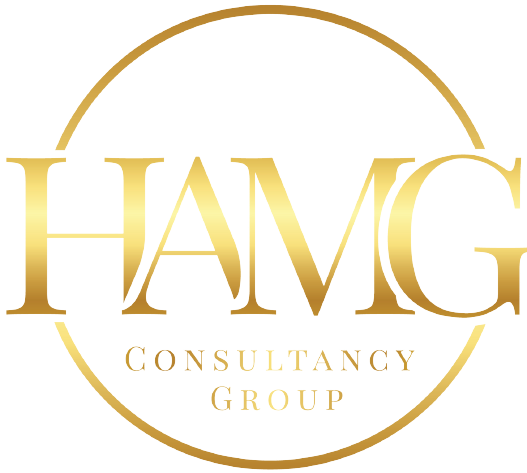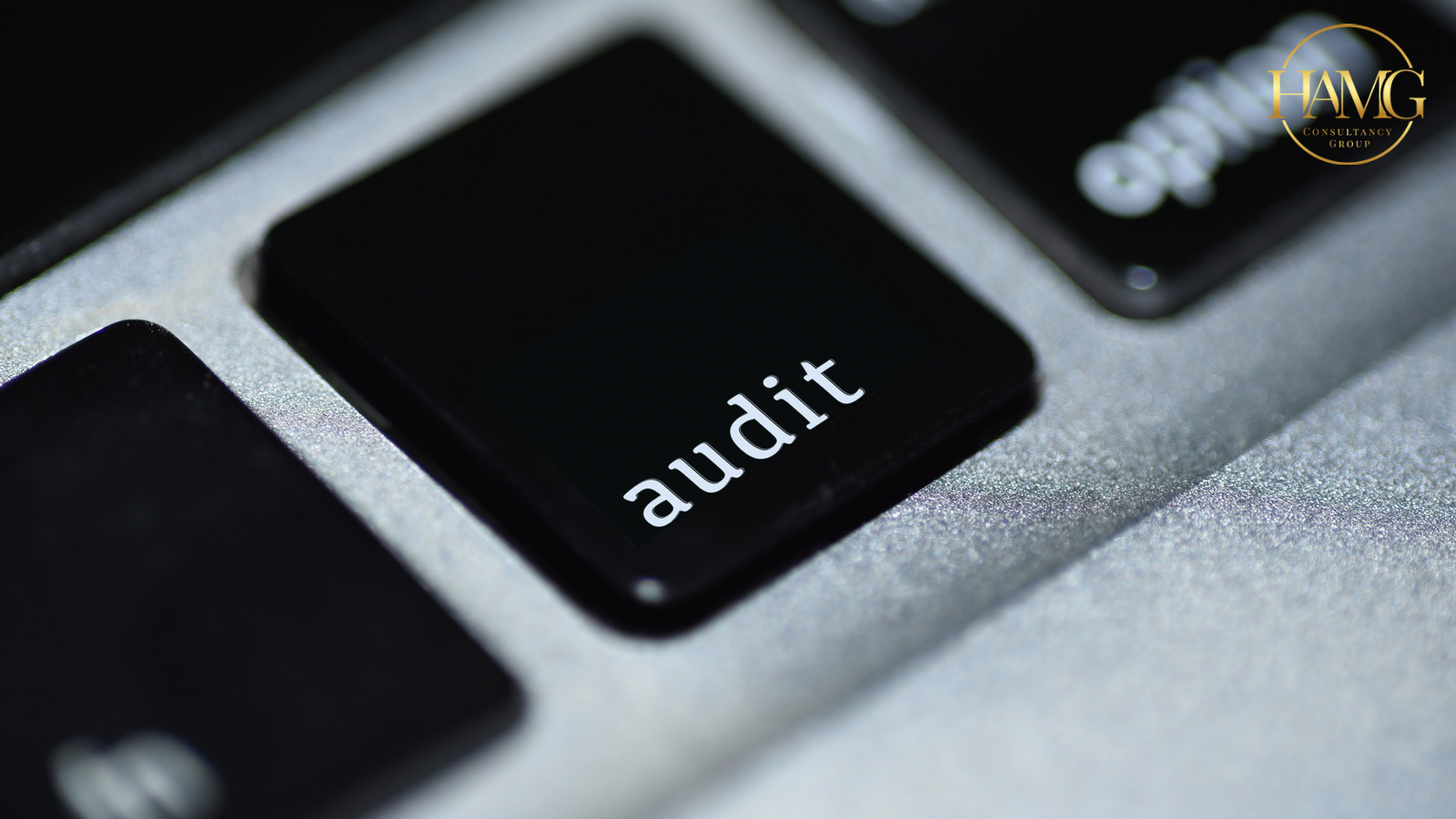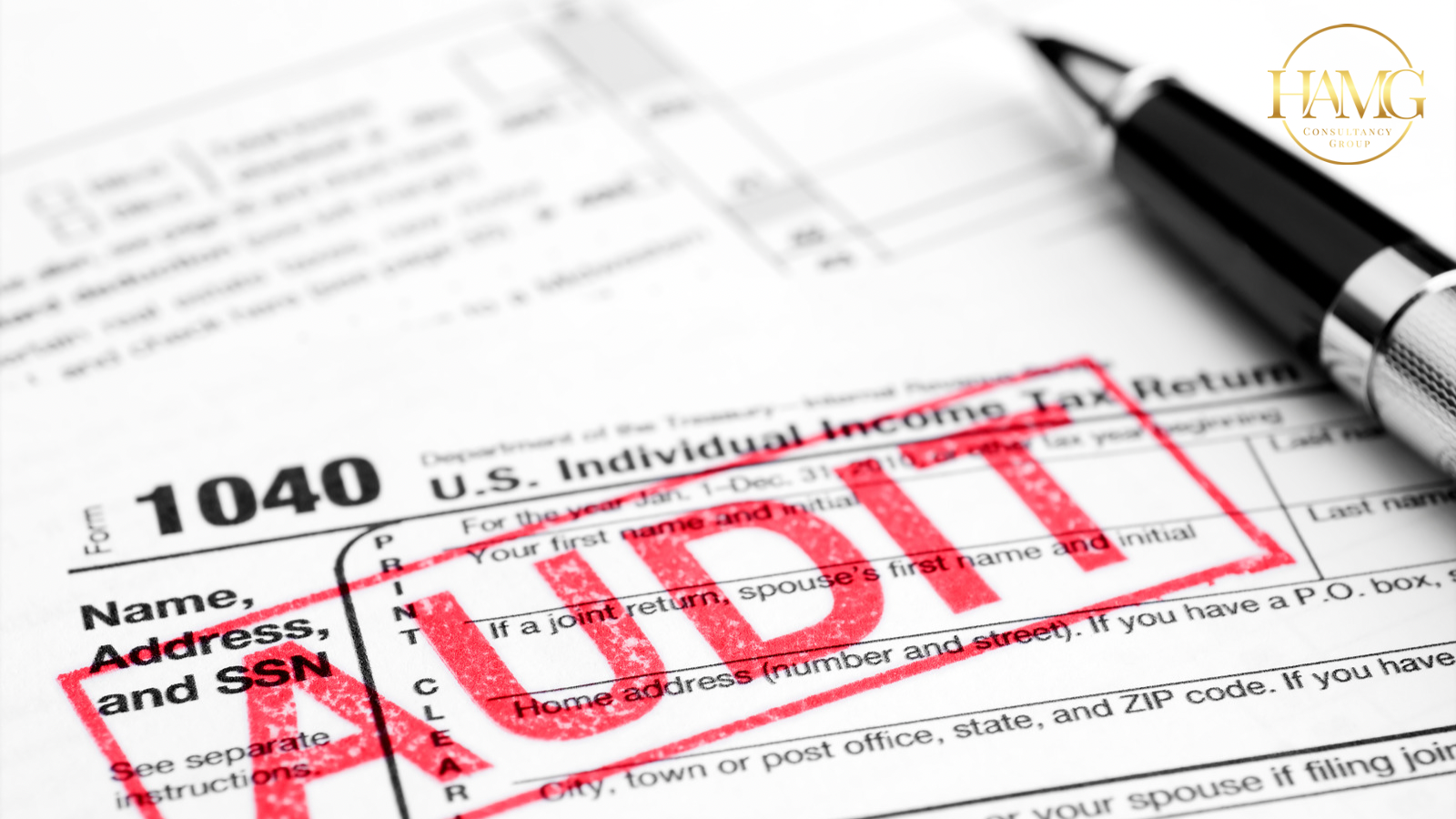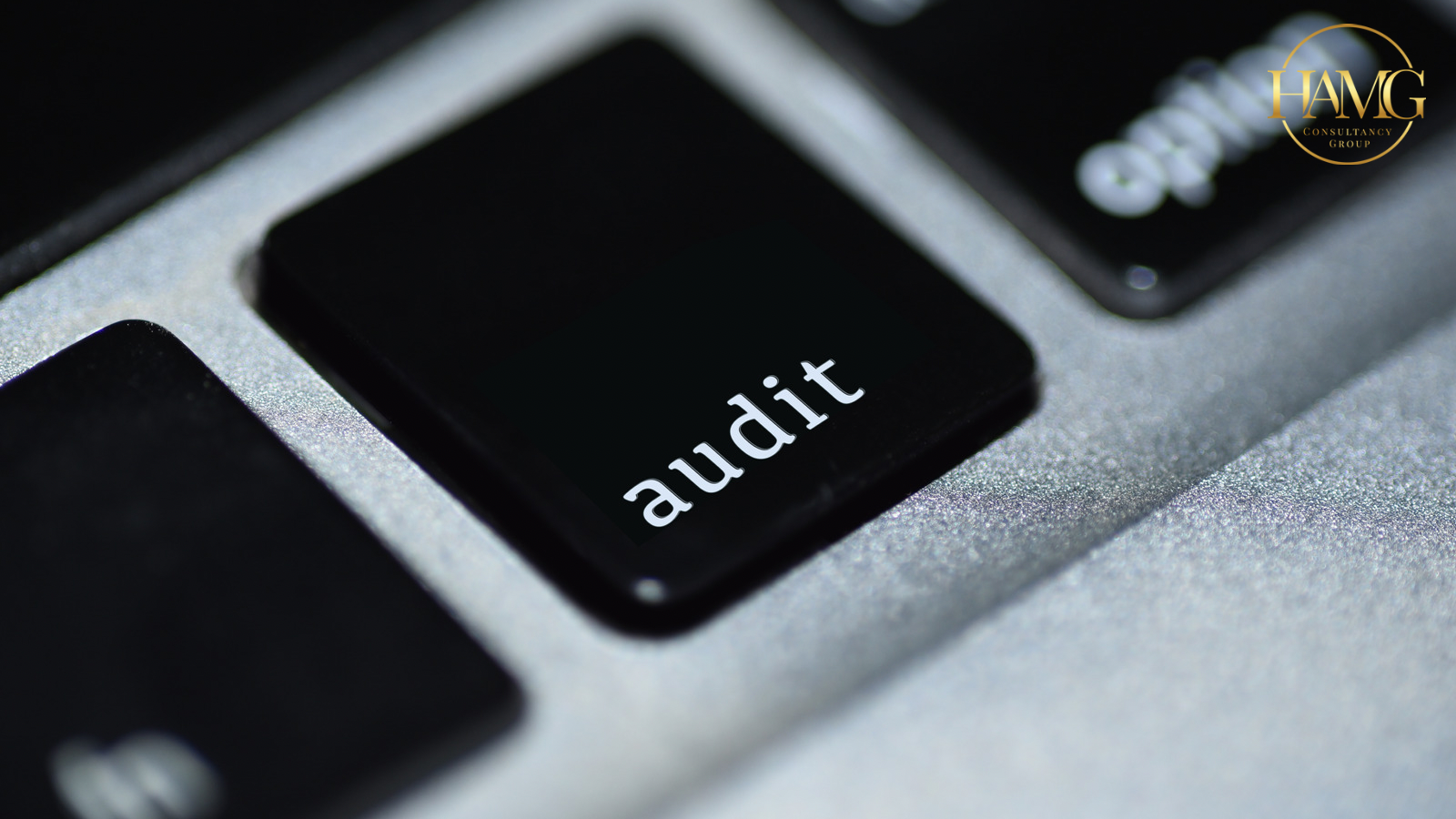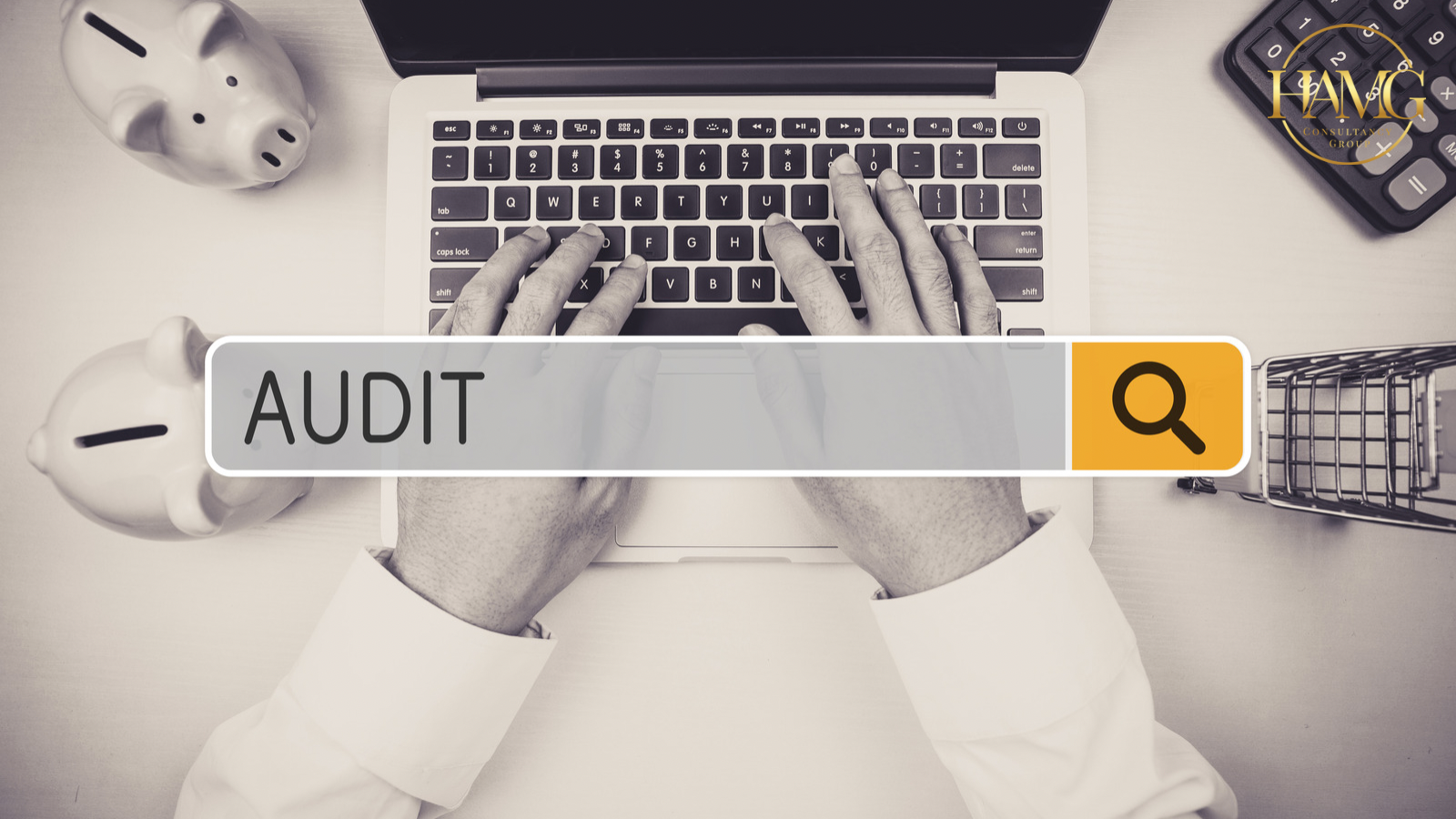Ethical Principles in Audit Engagements: Ethical Threats
Ethics lies at the heart of the auditing profession, playing a pivotal role in maintaining the integrity of financial reporting and upholding public trust. However, audit engagements are not immune to ethical challenges that can compromise the objectivity, independence, and professionalism of auditors. These ethical threats, if not recognized and…
